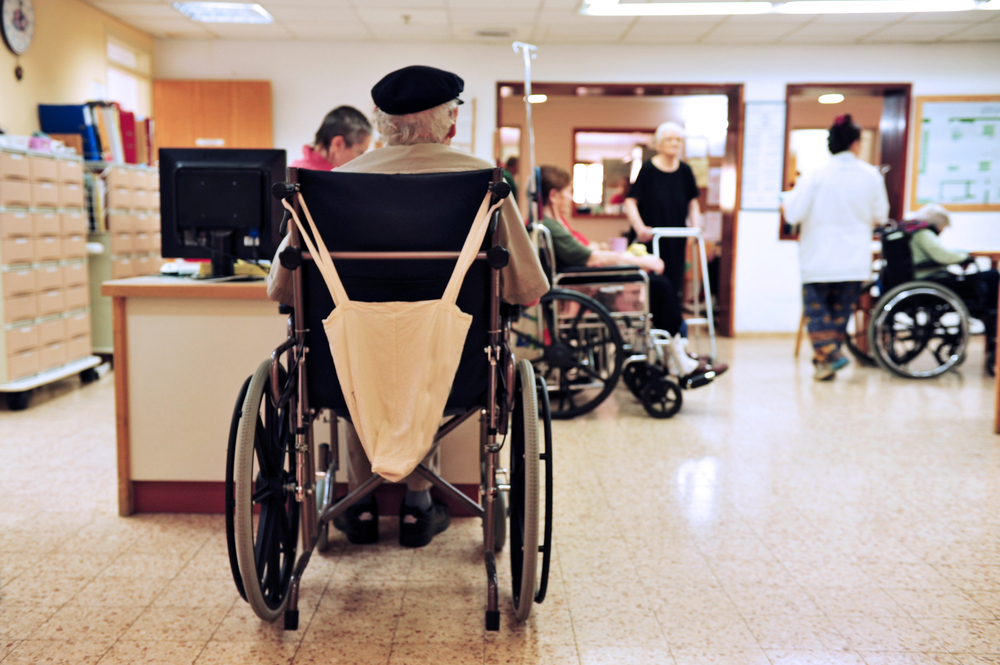Infection
Decolonization of Residents Lead to Fewer Nursing Home Infections: Study
Using decolonization techniques to remove colonies of bacteria from residents’ skin could reduce the risk of serious and potentially life-threatening antibiotic-resistant nursing home infections, according to the findings of a new study.
These nursing home infections can include methicillin-resistant Staphylococcus aureus (MRSA), bloodstream infections, Candida auris, and urinary tract infections, which are difficult to treat and pose a particularly serious risk for elderly and ill individuals, since they often do not respond to available medications.
In findings published this month in the The New England Journal of Medicine, researchers indicate that nursing homes using a targeted antiseptic bathing routine had fewer residents suffering these infections and fewer residents being transferred to the hospital for serious infections.
Decolonization Techniques Reduced Nursing Home Infections
Nursing homes are often particularly vulnerable to serious outbreaks involving hard-to-treat superbugs. A recent study indicated ventilators are a common source of antibiotic-resistant infections among nursing home patients.
Researchers from the University of California, Irvine, Harbor-UCLA, and the U.S. Centers for Disease Control and Prevention conducted a cluster-randomized trial of universal decolonization procedures compared with routine-care bathing in 28 nursing homes involving more than 29,000 residents.
The decolonization procedure included the use of chlorhexidine, a type of antibacterial soap, for routine bathing and showering, along with nasal swabs of povidone-iodine twice a day for the first five days after residents were admitted to the nursing home, then twice a day for five days every other week thereafter.
Researchers compared data from an 18-month baseline period to the 18-month intervention period. The findings indicate the percentage of nursing home residents who required transfer to a hospital because of infection was lower in the decolonization group (53%) compared to the routine-care group (63%).
They concluded that using targeted antiseptic bathing protocol led to two fewer infections per 100 residents each week.
According to the data, the number of patients who were transferred to the hospital for any reason was also lower in the antiseptic routine group. About 32% of patients from the decolonization group were taken to the hospital for any reason, compared to nearly 40% in the routine-care group.
Nursing homes that followed the bathing protocol had fewer occurrences of MRSA, vancomycin-resistant Enterococci, and other antibiotic-resistant bacteria. The same was not seen in nursing homes that did not implement the protocol.
Researchers said that on any given week, about six patients per 100 nursing home residents suffer antibiotic-resistant infections, calling for better infection prevention in nursing homes.

